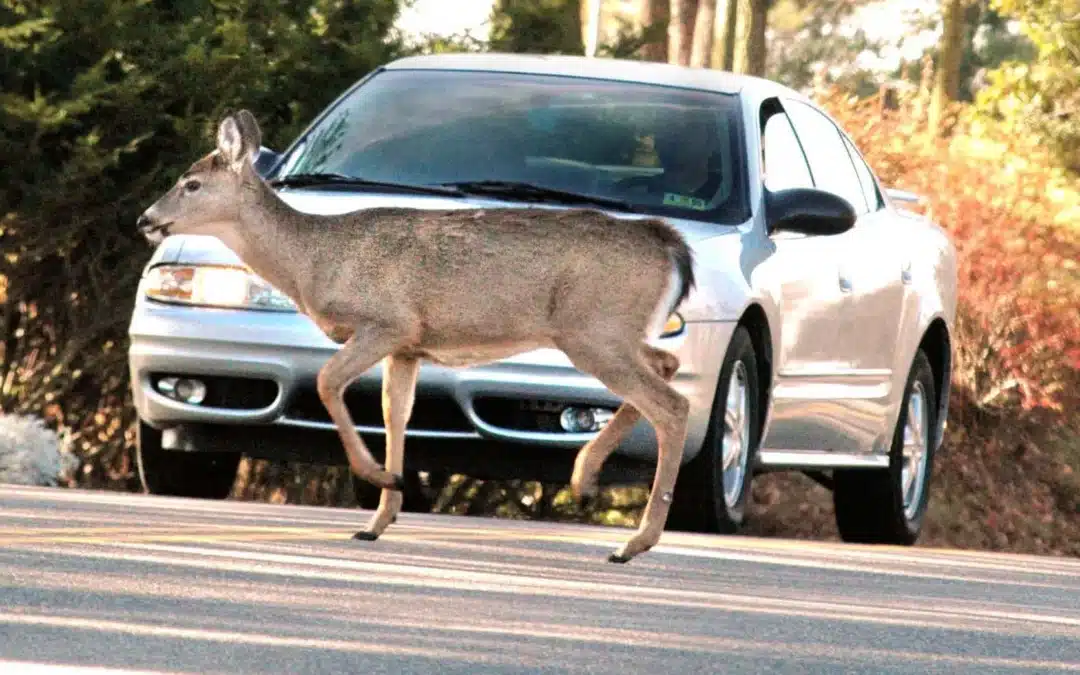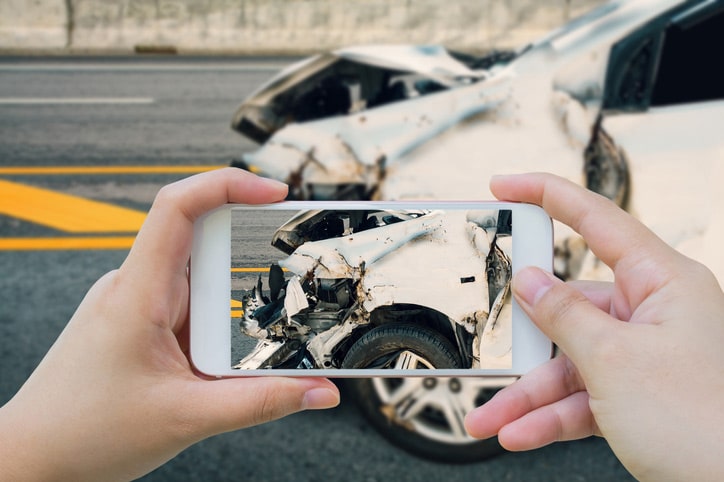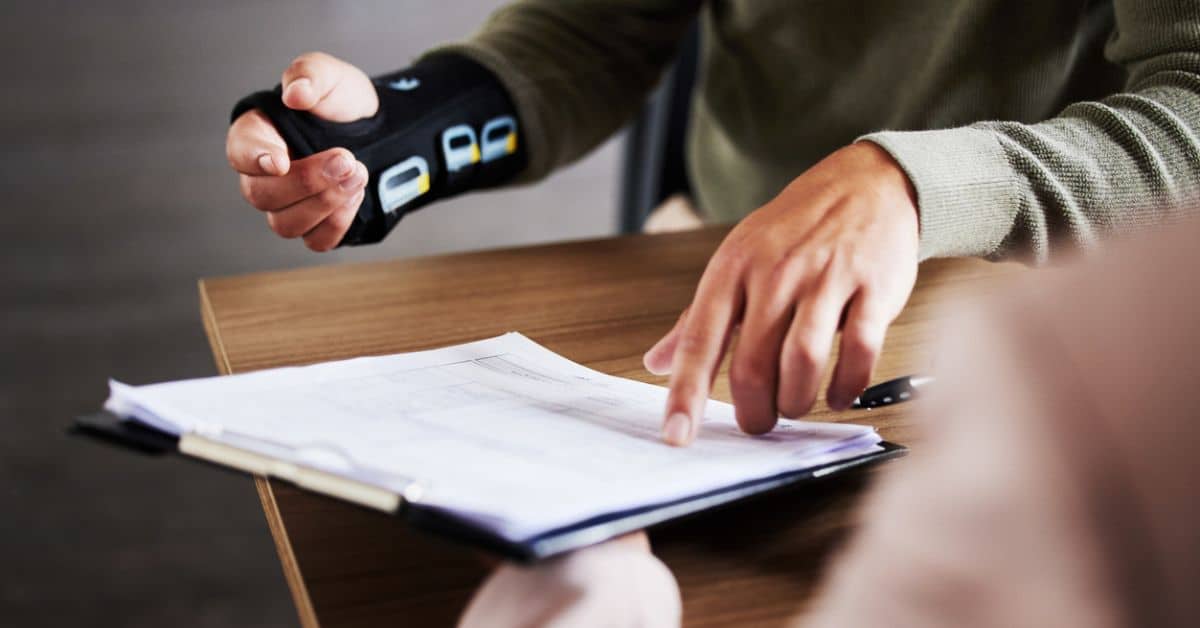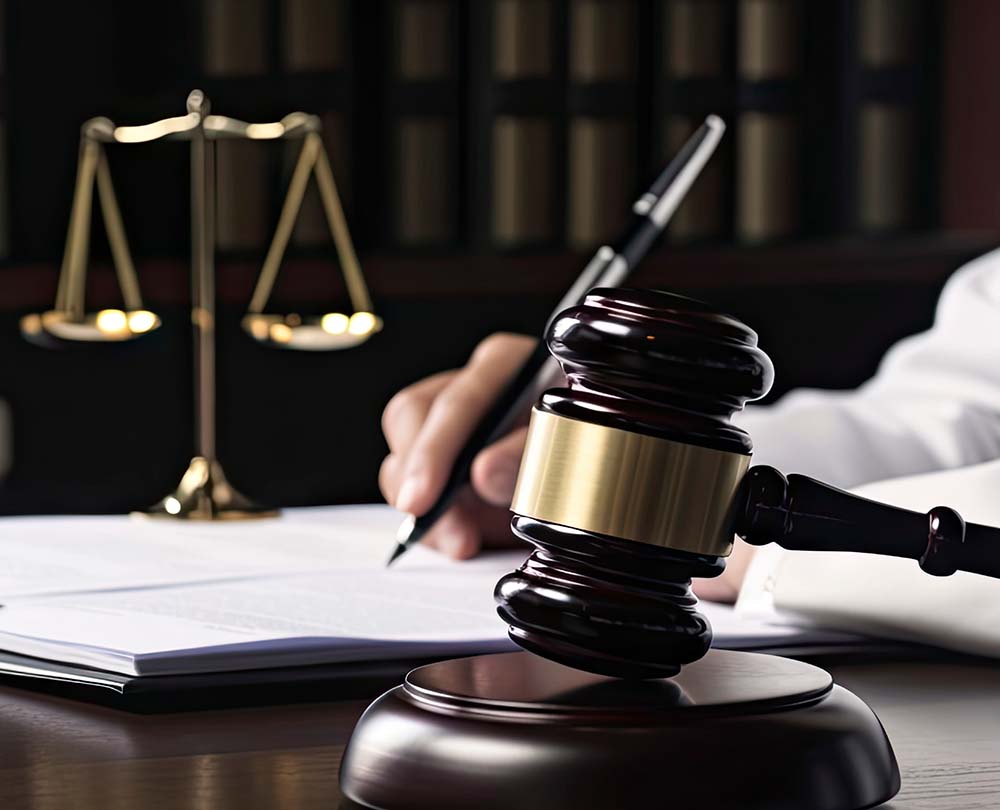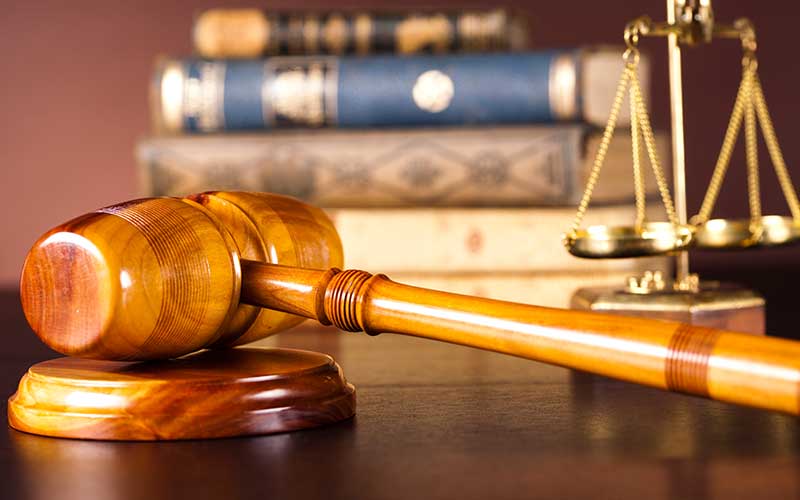Encounters with wildlife while driving can be unpredictable, and one such incident is a collision with a deer. These accidents can cause damage to your vehicle and pose risks to your safety.
In this blog post, we will guide you through the necessary steps to take if a deer hits your car. Additionally, we’ll discuss when it might be appropriate to contact a lawyer for assistance in handling the aftermath of such an incident.
Ensure your safety
After a deer collision, the first priority is to ensure your safety and the well-being of any passengers in your vehicle. Check everyone for injuries and call emergency services if needed. If there are no immediate injuries, proceed to the next step.
Pull over and turn on hazard lights
Move your vehicle to a safe location, preferably off the road, to avoid causing further accidents or traffic congestion. Switch on your hazard lights to alert other drivers of the situation.
Call the police
Contact the local authorities, even if the accident seems minor. It is crucial to have an official record of the incident for insurance purposes. The police can also help manage traffic and ensure your safety.
Assess the damage
While waiting for the police to arrive, assess the damage to your vehicle. Take pictures or videos of the scene, including the damage caused by the collision. This evidence will be useful when filing an insurance claim.
Do not approach the injured deer
Although it’s natural to feel concerned for the injured deer, approaching it can be risky. Injured animals may become unpredictable and potentially dangerous. Keep a safe distance and notify the police or local animal control authorities to handle the situation appropriately.
Notify your insurance company
Once you have the police report and documented the damage, you may need to have your vehicle towed to a repair shop. If your car is drivable, exercise caution while driving and take it to an auto body shop for a thorough inspection. Professionals will assess the damage, provide repair estimates, and restore your vehicle to its pre-collision condition.
When to consider contacting a lawyer
While most deer collision cases can be handled through insurance claims, there are situations where consulting a lawyer might be necessary:
- Personal injuries: If you or any passengers sustain significant injuries in the accident, it is advisable to consult a personal injury lawyer. They can help you understand your rights, evaluate potential legal actions, and seek appropriate compensation.
- Dispute with insurance companies: If you encounter difficulties with your insurance company, such as claim denials or undervalued settlements, a lawyer specializing in insurance claims can help protect your interests and negotiate on your behalf.
Experiencing a collision with a deer can be a stressful and potentially dangerous situation. By following the necessary steps outlined above, you can ensure your safety, document the incident, and initiate the insurance claim process. Remember to prioritize your well-being and the well-being of others involved. While most cases can be resolved through insurance, consult a lawyer when facing personal injuries, disputes with insurance companies, or legal liabilities. Stay vigilant on the road, drive safely, and be prepared for any unforeseen circumstances.

